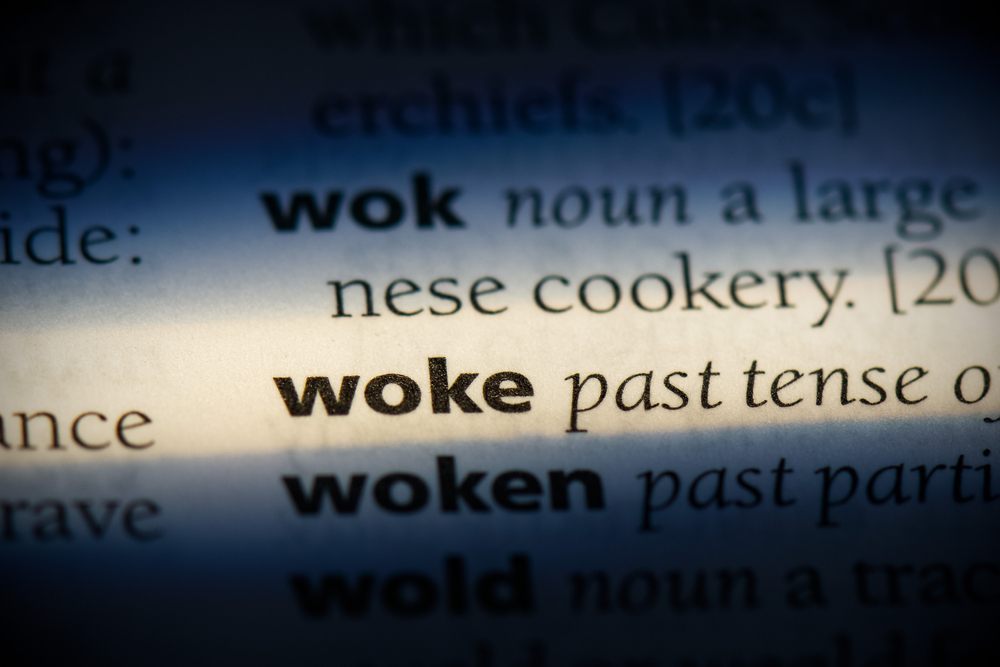I often talk about how the best businesses work hard to satisfy all their stakeholders.
Not just shareholders but employees, suppliers, customers and communities.
Businesses focused solely on short-term profits don’t last long.
If you cut corners on quality, your customers will leave you.
If you squeeze your suppliers too hard, they won’t trade with you.
If you undercompensate your employees – or ignore their reasonable requests – they will take their talents elsewhere.
Smart managers know this. And so do smart investors.
That’s why I scour the market regularly for companies that exemplify the stakeholder approach.
In recent years, however, stakeholder theory has morphed into something different… woke capitalism.
Woke capitalism isn’t about companies fulfilling their mission or maximizing shareholder value.
It’s about promoting a particular social agenda.
Not everyone shares that agenda, however, or benefits from it. And therein lies the first problem.
Woke capitalism is inherently divisive.
Instead of seeing each employee or job candidate as a unique individual with specific talents, skills and shortcomings, it sorts them into groups based on race, gender or sexual orientation.
This shouldn’t need to be said but I’ll say it anyway: No one is less qualified for a job because of their race, gender or orientation.
However, the converse is also true.
No one is more qualified for a job because of their race, gender or orientation.
When companies prominently announce that they are changing their hiring and advancement policies to increase their “diversity scores,” it is not about fair treatment… or equal treatment.
It is about preferential treatment.
That is bound to create hard feelings in some quarters.
Yet in today’s hypersensitive workplaces, expressing dissent on woke policies can leave employees open to charges of bigotry, ignorance or closed-mindedness.
Rather than fostering unity and inclusion, it creates frustration and resentment.
How does that promote team cohesion?
The vast majority of Americans believe the most qualified applicant should get the job or the promotion, regardless of race, gender or orientation.
That is very different from saying that the most qualified person of a certain race, gender or orientation should get the job.
Joe Biden can promise to pick a Black woman to be his vice president or his first Supreme Court nominee and everyone understands that his motivation is political.
But companies should not be in the business of politics.
Especially since these policies often work against the people they’re supposed to help.
Wall Street Journal editorialist Jason Riley wrote an op-ed piece where he described his elation after being offered his first position as a journalist at a leading newspaper.
“Congratulations, Jason,” a colleague said. “I heard they were looking for more minorities.”
Riley believed his co-worker’s enthusiasm was genuine and well-intended, but he was crestfallen nonetheless.
He wanted the job because he was the most qualified candidate. Not because he was the most qualified Black candidate.
I’m not suggesting that racial disparities don’t exist in the workplace or that no women are ever held back because of their gender.
We have come a long way over the last few decades, but we have further to go.
Yet at a time when the situation has never been better – after all, America was never less racist, sexist or homophobic than it is today – it is often presented as though it has never been worse.
Six out of 10 Americans polled believe women are paid less than men for performing the same work, even though this has been illegal in the U.S. since 1963.
(And this nation has no shortage of tort attorneys.)
Racial disparities in income today are largely due to differences in educational attainment, job experience, vocational choice and hours worked.
And studies show that gay men and lesbian women earn more on average than their heterosexual counterparts.
(There are various reasons for this, including the fact that most don’t have children and can devote more time to their careers.)
In other words, not every inequity is real – and not every disparity is due to explicit or implicit bias.
In short, stakeholder theory is about improving business practices to make companies more productive, more inclusive and more profitable.
Woke capitalism makes a similar claim but instead makes businesses less productive, less harmonious and more divisive.
This isn’t likely to lead to happier people, bigger profits… or good investments.
